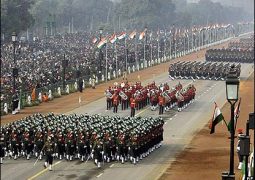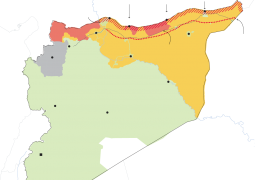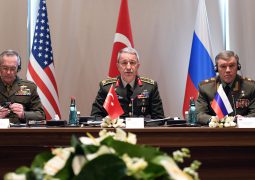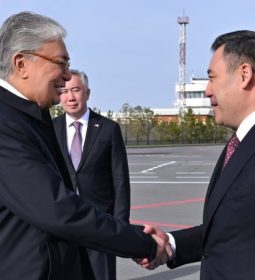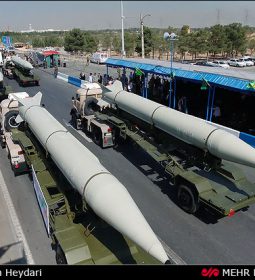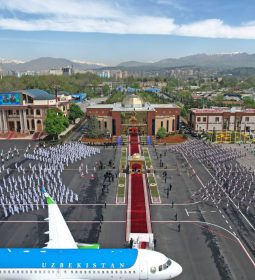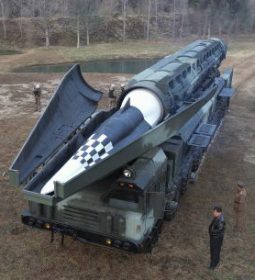Philippine police use chaos of Duterte’s drug war to extort families in distress
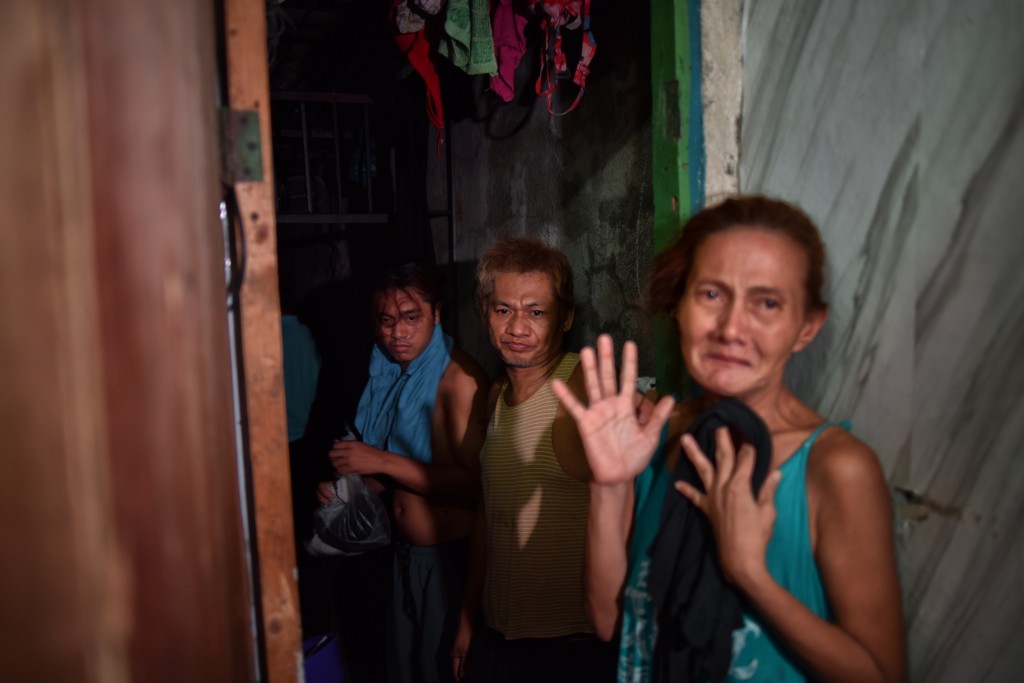
They were working a tip about people being plucked from the slums by police, held captive at the station and ransomed for money. But as they surveyed the office of the local anti-drug unit, things looked normal: desks, two sofas, a bookshelf.
Officers assigned to the station kept glancing at the bookshelf.
With news cameras rolling and police looking on, an investigator knocked on it. Someone knocked back. When the false door was finally opened, investigators found a dozen people packed into a small concrete cell, one bloodied, one with a swollen jaw.
“How much did they want for you?” an investigator called to them.
“Forty thousand pesos for two.”
About $800.
Ransom.
A year after Rodrigo Duterte won the presidency on a promise to kill all the country’s drug users and dealers, an estimated 9,000 people are dead, either shot in police raids with high death tolls and few witnesses, or killed by assailants on motorbikes, often after being named by police.
President Trump recently praised the campaign, but several investigationshave found that police routinely fabricate reports to justify extrajudicial killings.
Less well-documented is how Philippine police are capitalizing on the chaos. The investigative raid on Police Station No. 1, reconstructed based on previously unreleased footage from the scene, provides the closest look yet at how officers allegedly use illegal detention and violence to extort cash — and how tough it is to stop them.
With pictures of the prisoners splashed across television screens, Duterte, in a rare admission of potential police wrongdoing, was forced to call for an investigation. But more than a month on, no officer has been charged. Nor, for that matter, have the detainees been freed.
In a twist that shows the inability of Philippine institutions to protect people from drug-war abuses, the men and women whose rescue was filmed and broadcast were never rescued at all.
Instead, they were handed straight back to the police.
Abuses by Philippine police did not start with Duterte, but the president’s vowto protect law enforcement personnel from prosecution has created a climate ripe for abuse. Police officers act without fear of punishment, said Philippine Sen. Leila de Lima, a longtime Duterte critic who is now in jail on dubious drug charges.
“This is definitely the height of impunity,” she wrote from her jail cell.
“It’s the total breakdown of discipline within the ranks,” said Sen. Antonio Trillanes, who recently filed a complaint against Duterte at the International Criminal Court.
For months, reporters and rights activists in Manila had heard stories of families being asked to pay to get their loved ones out of detention, or to stop them from being put on a drug list, or to keep them alive. For the most part, terrified witnesses did not want those stories shared.
It took the killing of a South Korean executive at national police headquarters — and a subsequent attempt to extort his wife — to garner a government response; Duterte promised to suspend anti-drug operations to clean up a force that was, as he put it, “rotten to the core.”
The Philippines has an agency that was set up to investigate rights abuses. The Commission on Human Rights, an independent office, was mandated by the country’s 1987 constitution.
When CHR investigators arrived that day to inspect Station No. 1’s anti-drug office, they found people waiting outside with food. The likely conclusion was that they had brought it for family members detained inside. But the station commander, Robert Domingo, said there were no detainees at the station.
After the hidden door was found and opened, the video shows, Gilbert D. Boiser, an investigator for the Commission on Human Rights, asked Domingo to explain the presence of people in the hidden cell. Domingo said it was to spare them from the overcrowded on-the-books cell.
“We don’t have the budget to build up to international standards,” he said. “We are just maximizing our budget.”
Emerging from the narrow concrete enclosure, detainees said they had been picked off the street and held for up to a week without charge.
They said that they had been beaten and given electric shocks, and that their families were told to raise between 20,000 and 200,000 pesos, or $400 to $4,000, or else the detainees could face drug charges — or worse.
“They were forcing us to admit to things we know nothing about,” said a prisoner who gave his name as Robert Muro.
“They beat my foot with a piece of wood.”
“That’s why you cannot walk? an investigator asked.
“Yes. And on the chest, too. They hit me here five times. Five times. And twice on the knees. And at the back. And they hit me with a .38-caliber gun,” he continued. “They threatened to kill us. That no one would ever know.”
After prying open the bookshelf and lambasting police officers on camera, Boiser and his CHR colleagues got ready to leave. They had a gala dinner to get to, one said in earshot of the cameras.
Prisoners begged for the investigators to stay, saying they feared more torture. “If you leave us, we will be in danger,” one said.
Journalists asked the investigators what would happen to the prisoners. They didn’t seem to know.
The prisoners, who had been held without charge, now face charges and are in regular cells. Several of their family members declined interview requests, saying it was too dangerous to speak.
In the aftermath of the raid, the national and municipal police chiefs defended what happened, saying that the police were simply making do with limited space, that the media had turned a normal situation into a show.
Domingo, the station commander, was relieved of duty and sent to Manila police headquarters, as were other officers. They have not been charged.
Two weeks after the raid, Police Station No. 1 had a new commander, Ruben dela Rama Ramos, who served 15 years on the police force in Davao, the city that Duterte ran for more than 20 years.
In an interview in his new office, Ramos said the secret-cell incident was a story manufactured by journalists to destroy the reputation of Philippine police.
“We don’t call it a secret jail, but holding center,” he said. “It’s just the media that sells this.”
Asked why there would be a holding center behind a bookshelf, Ramos and his colleagues said it was a normal alternative to a door. Pressed further, they said a door cost too much.
Outside, under a blazing Manila sun, Police Station No. 1 got a fresh coat of white paint.
Kimberly dela Cruz reported from Manila.
- Previous Billionaire Tan Sri Syed Mokhtar Al-Bukhary urged to reveal all on ‘real’ Proton owner, proxies
- Next Qataria again: Saudi Arabia deports Qatari camels and sheep as diplomatic feud continues



